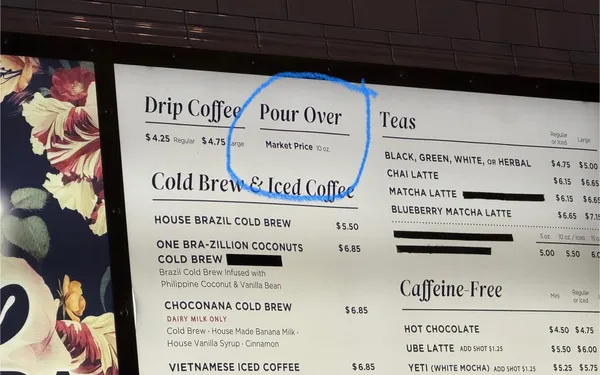“Go woke, go broke” isn’t a new expression. Until recently, I found it more aspirational than reflective of a real consequence of adopting leftist ideology as a business strategy. Now I’ve begun to rethink that assumption.
The recent Bud Light Dylan Mulvaney controversy proved that there can be significant and lasting repercussions for a company to ideologically turn on its customer base. After printing the face of an unhinged, narcissistic, and shameless self-promoting trans activist on its beer cans, the Bud Light brand immediately suffered a national backlash. Sales plummeted by nearly 30%, the company’s stock price dropped by $5 billion, and well-known entertainers began posting viral videos of cases of Bud Light being blasted by AR-15s. More important, though, the backlash wasn’t transitory. Company executives waited unsuccessfully for the disgust to blow over, but it didn’t. In fact, anger toward Bud Light only grew when the CEO put out a press release a week later that said nothing meaningful, offered no apology, and refused to address the concerns of its customers. To date, Bud Light’s sales and the company’s stock price have not recovered. Just as important, competitors have been able to snatch business away from Bud Light. Ultra Right Beer made more than $1 million in sales in its first week. Bars around the country are reporting that sales of national brands that are not Budweiser have surged since the controversy erupted. Americans have alternatives, and they are taking advantage of them.
Perhaps we’ve finally reached a tipping point, where American consumers are now so thoroughly frustrated with being told—ordered—to support woke causes that they are now ready to turn their back on their favorite brands and move on to something new. I have been encouraging Americans for over three years to redirect their dollars to businesses that represent their values, even when it costs them money or convenience. I’ve told them that if they don’t, very soon they will have no more dollars or freedom left. That message has now been heard.
The environmental, social, and governance movement (ESG) appears to be faltering as well. This anti-capitalist activism that has infected some of the largest and most powerful companies in the US—Vanguard, Apple, Cisco—and close to 90% of publicly traded corporations in the S&P 500 may have finally hit a wall. Coca Cola shareholders recently voted down a proposal to target pro-life states by removing products for sale in states that refuse to sanction unrestricted abortion on demand. Only 13% supported the proposal—the lowest number so far for similar activist moves. Shareholders sent a clear message to the ESG team that they do not want Coca Cola to use its brand to punish those who reject a pro-death public policy agenda.
It is disturbing to see traditional American brands become corrupted by wokism, but more encouraging is the widespread upswell throughout America pushing back. Mars (M&Ms), Hershey’s, and Maybelline have lost sponsorship or been forced to abandon rebranding campaigns after customers revolted on hearing announcements endorsing anti-American, anti-family, and racially divisive ideology.
The market can still wield power to contain and reverse the leftward march of our institutions. That power, though, resides in the wallets of the consumer. If Americans continue to spend in accordance with their values and conscience, we may succeed in turning the tide.








Member discussion